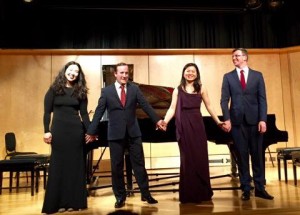
This interview took place online on 13 August 2020 between City’s Head of the Department of Music, Dr Ian Pace, and BMus graduate Laura Selby.
Ian Pace: I want to introduce you to Laura Selby, who graduated from the BMus course in 2015, and now works as a Production Manager and Music and Sound Editor for the leading composer-led studio organisation Brains & Hunch. Here is Laura’s website – https://laurakrselby.com/ and here is that for Brains & Hunch – https://www.brainsandhunch.com/ .
Laura, you’ve gone onto a wonderful career since being at City. What are your most abiding memories of your time with us?
Laura Selby: There are so many to choose from but particular memories would be the Christmas Cabarets, a time we had to celebrate our department as a whole and felt like one big family enjoying our passion of all things musical together, with wine. Of course.
Another was being the leader of the orchestra in my final year, a tricky year for me but the department was so supportive, I was able to still achieve my absolute best despite circumstances.
IP: That’s fantastic – which pieces were played by the orchestra when you were leader?
LS: Beethoven’s Piano Concerto No. 5, an absolute favourite especially the 2nd movement. It was fantastic having the opportunity to play such a beautiful piece at the LSO St Lukes.
IP: What do you remember in particular in terms of the modules you took during your study?
LS: Particular modules that stood out for me were performance, audio art and techno culture and composing for moving image. I was able to move my instrumental performance to a standard I had not expected to obtain coupled with learning how to apply my playing and understanding to the industry of music production and sound art. Such a broad array of skills to explore.
IP: Were such things as audio art, techno culture and composing for the moving image previous interests, or things you first started to explore at City?
LS: They were as I have always enjoyed experimenting with creating recordings from sounds around me. The modules helped me focus that in useful applications as well as inspiring me further for more abstract creations.
IP: How do think your perspective on music, and things musical, changed from when you started at City until when you left?
LS: Massively and is still constantly evolving. I think it helps open up new ideas and genres/ concepts that previously were just not on the radar of possibility. By the time I left I think my experience left me with the freedom to go make my own way with the skill set to apply in any direction I decided to go.
IP: Could you elaborate a little on some of those ideas and genres/concepts?
LS: David Dunn was a composer who really pivoted my interest in looking at environments in a new light, how deeply he thought about concepts regarding the world around him and the way he elevated these through compositions interacting with different settings. Primarily using music as an intermediary between humans and their environment.
IP: What are some of the skills you developed during your time at City which you have gone on to use in your professional life?
LS: Sound recording, mixing and editing in both Logic and ProTools are used most days in my creative work for Brains and Hunch and freelance projects. Other skills from managing the orchestra sections when I was leader are always applicable when liaising with clients and musicians who come into the studio for sessions. Critical thinking and listening for producer roles when feeding back on music/ sound work or communicating a new idea. Many!
IP: What would be your advice to anyone who is thinking of studying music at a higher education level?
LS: Have an open mind to what you can take from your time at City and take as many opportunities to utilise the brilliant advantages studying music in London brings, like the lunch time/ evening concerts which are attended by industry professionals (they’re so good!) never too soon to network. And most importantly make as much music with your fellow peers, make relationships as these are the people who you may well work with later on or get opportunities with. Use this opportunity to get creative, experiment with ideas and make mistakes 🙂
Good luck!!
IP: Laura, thank you so much for doing this interview today! Where would those reading this be best to look for samples of the types of projects on which you are working at present?
LS: Pleasure! Yes check out Brains and Hunch’s site to see all the projects that come through the studio and on my site my recent personal project More Than Concrete made for The Albany is a great example of what you can just get on and do if you have an idea!
https://m.youtube.com/watch?v=8TLo7mYYhKg




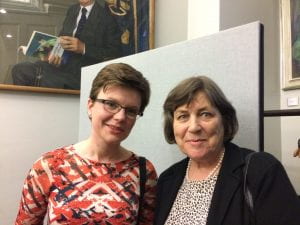






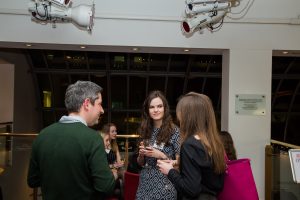

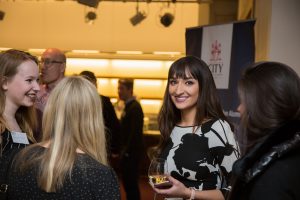
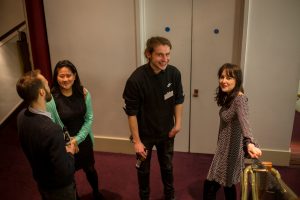

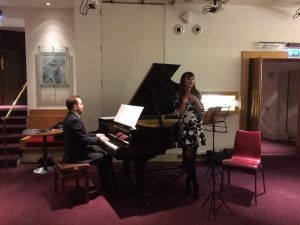
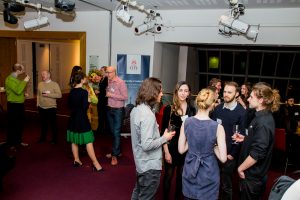
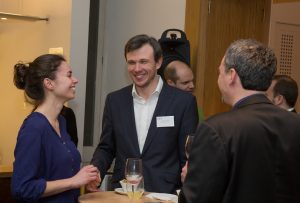




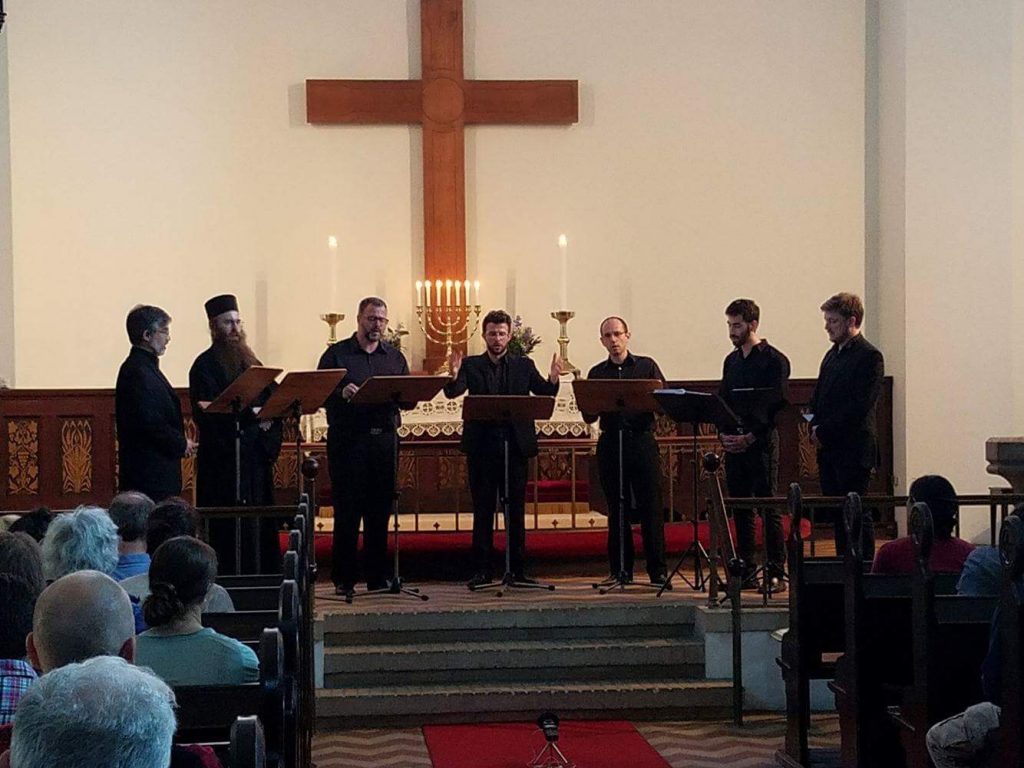
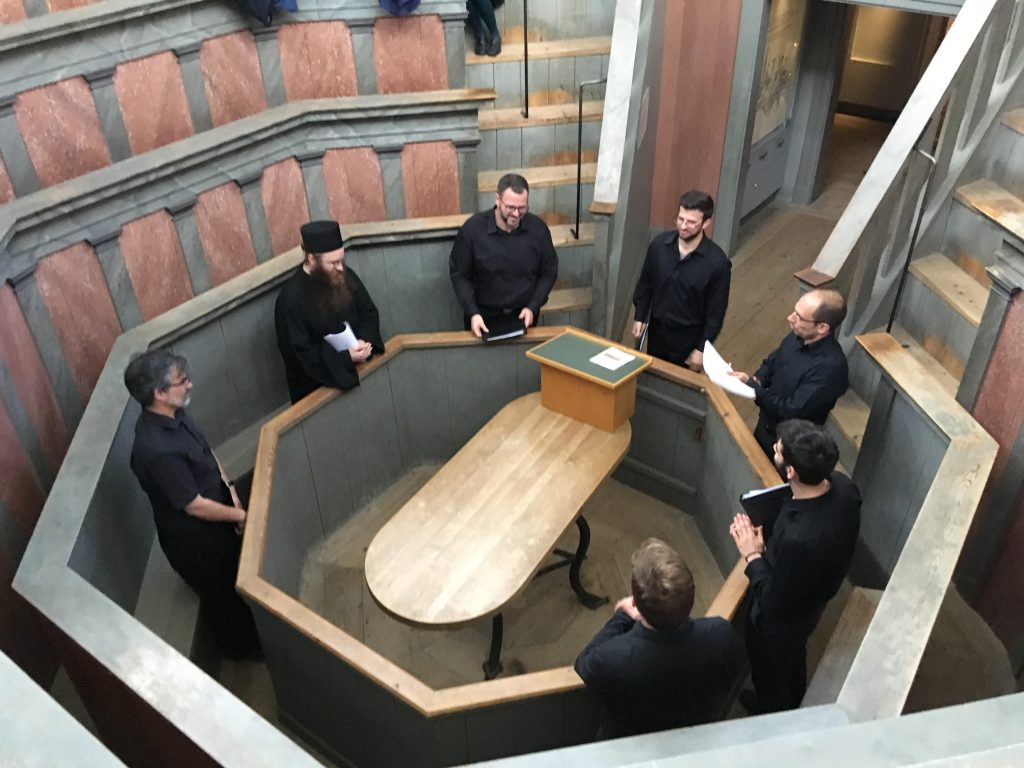

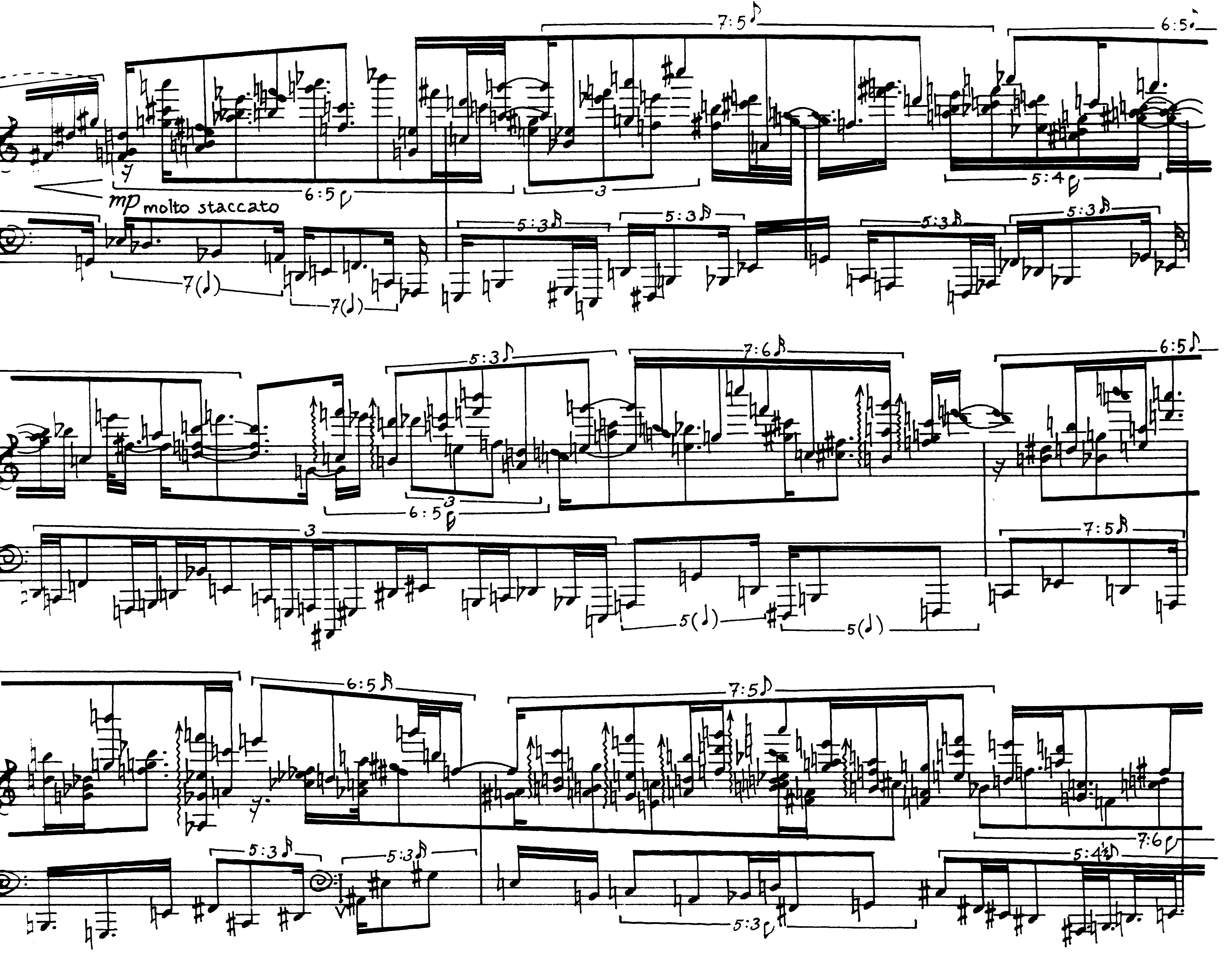

![image1[1]](https://blogs.city.ac.uk/music/files/2016/06/image11-1r8lk3f-300x225.jpg)
